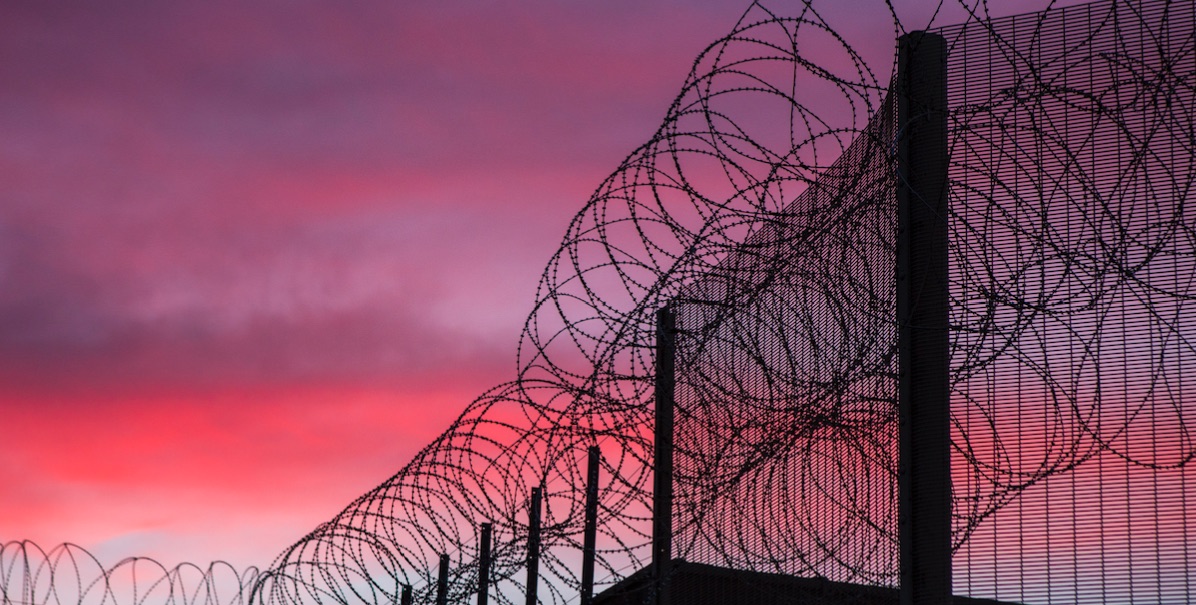Nowhere was the disparity in women’s healthcare greater than in women’s prisons, according to a legal charity’s response to a government ‘call for evidence’ to improve women’s healthcare. The report by the Howard League for Penal Reform highlights the risks to pregnant prisoners ‘routinely’ denied access to suitable maternity care with two babies dying in prisons a nine month period.
‘Women across the whole criminal justice system often suffer from unmet physical and mental health problems, some of which contribute to their criminalisation,’ wrote the group in its submission to the Department of Health’s women’s health strategy. Women in prison ‘tend to have extremely poor health which is often not met in prison’, the group said. ‘If the Department of Health is able to rise to the challenge of meeting the health needs of women in prison, then it will have demonstrated it can meet the needs of the most marginalised of women.’
The study cited a 2017 report by the Independent Advisory Board on Deaths in Custody which found ‘stark differences’ between the mental health needs of women in prison compared to those in the community and, for example, noted 30% of women had had a previous psychiatric admission prior to imprisonment. According to the Ministry of Justice, almost half of women (49%) were suffering from anxiety and depression, compared with 19% in the general UK population; and 46% of women prisoners reported having attempted suicide at some point in their lives compared to 6% in the general UK population.
During the pandemic, the regime in women’s prisons had ‘declined significantly’, according to the report. A 2021 inspection of Peterborough women’s prison noted that many women ‘told us about the adverse impact that the restricted regime was having on their mental and emotional well-being, including a few who said that they had considered suicide’. Her Majesty’s Inspectorate of Prisons last year found found that women in Bronzefield prison who were symptomatic of Covid 19 had no time in the open air and a shower only every three days; and, in Eastwood Park prison, such women were confined to their cells for seven days and spent no time outside it.
The group reported that during 2019 two babies died in prisons in the space of nine months. ‘Both of the deaths are currently being investigated by the Prisons and Probation Ombudsman. Following the death of a baby in Bronzefield prison in October 2019, solicitors raised concerns about the risks arising from a lack of access to midwifes when labour commences,’ the group said.
According to Women in Prison, mothers were ‘regularly being denied access to the vital health and maternity care necessary to give birth safely. ‘Unlike women in the community, when women’s voices are dismissed in prison, they are often unable to seek out a second opinion or raise concerns with others,’ said the Howard League. ‘They are reliant on others to communicate their concerns.’
The group argued that prison should never be used as ‘a holding pen’ for women who are unwell. ‘The courts have the powers to remand women to prison for their “own protection”,’ the group said. ‘The legal powers to send women in acute mental distress to prison “for their own safety” has no place in either a modern justice or healthcare system and should be repealed.
The group highlighted a report by the all-party parliamentary group on Women in the Penal System produced on the use of remand for own protection which found that scrutiny of the power was ‘virtually non-existent’. The government does not collect data about how often adults and children are detained for their own protection or welfare. ‘Prisons are not suitable environments for people in crisis, particularly for women with complex mental health needs,’ it says.







